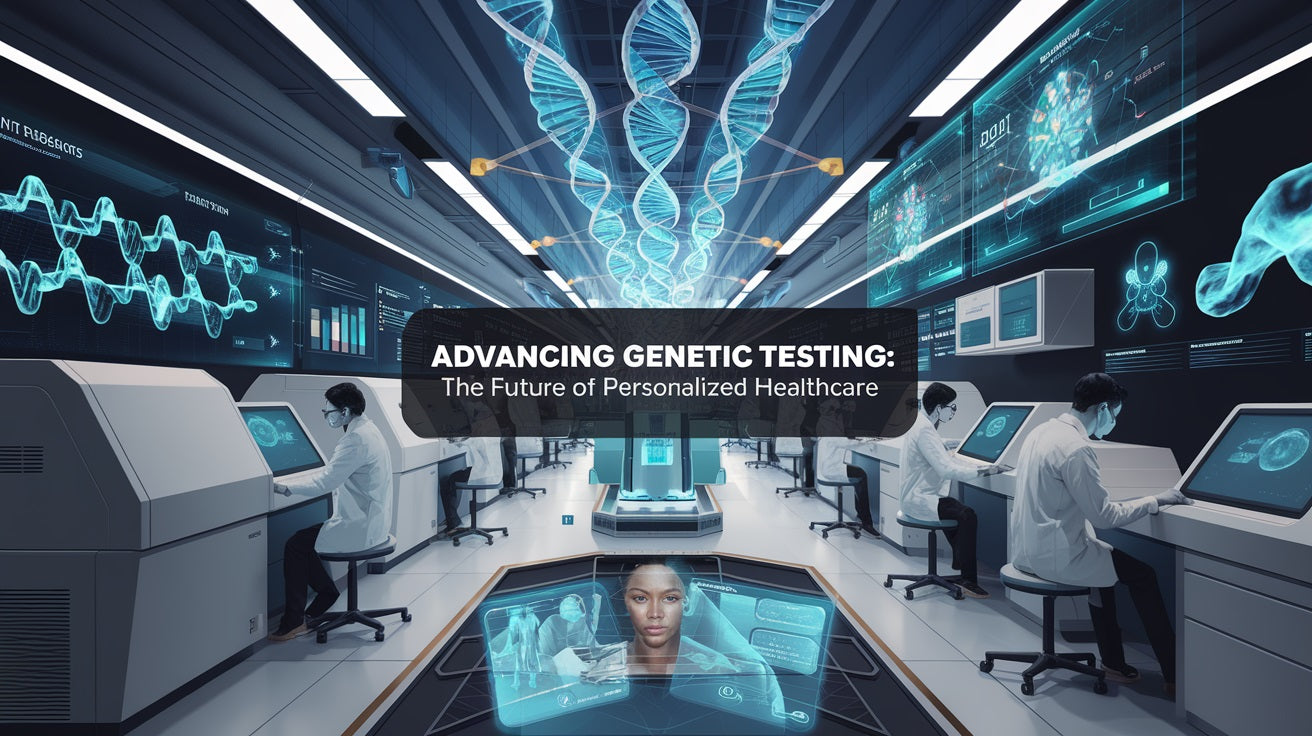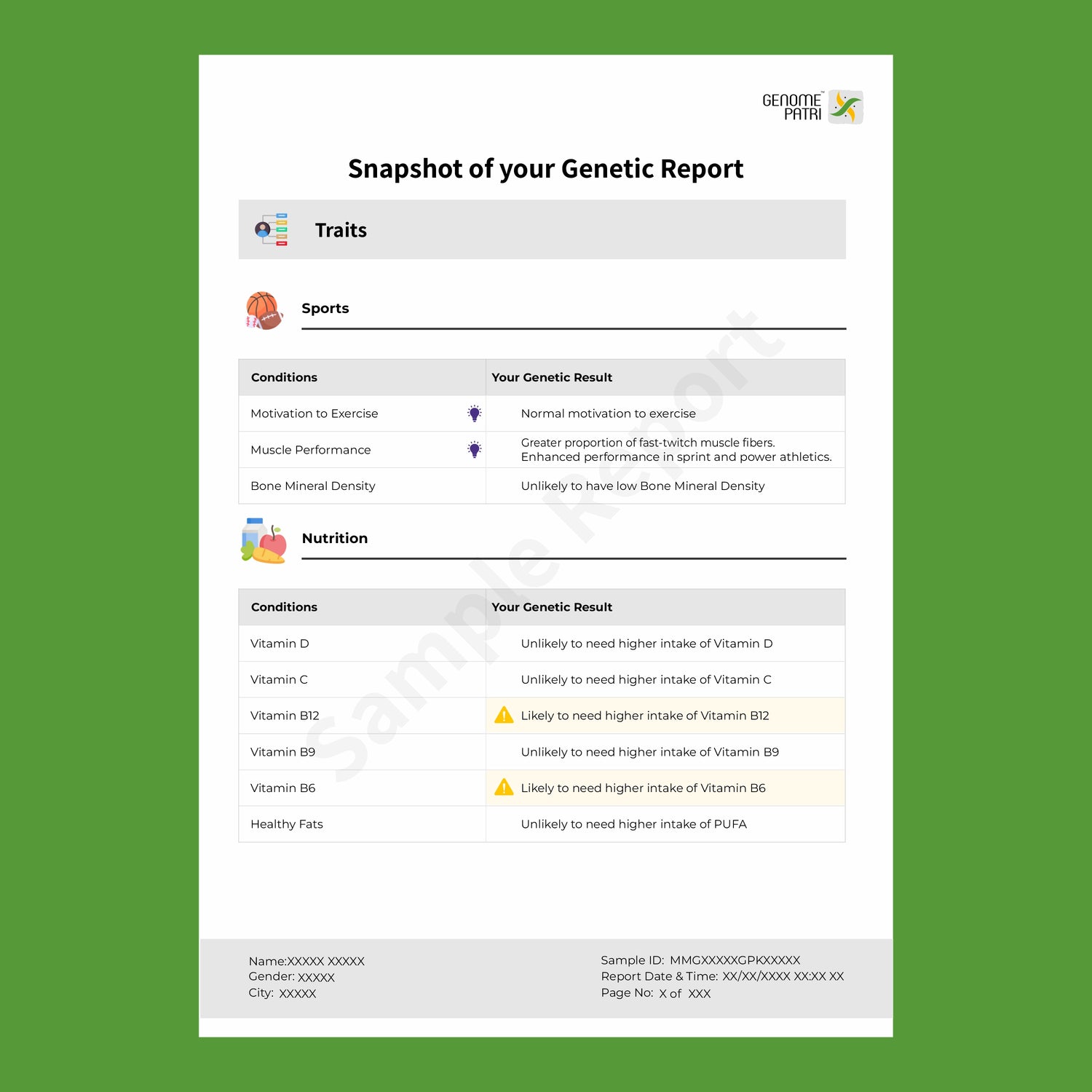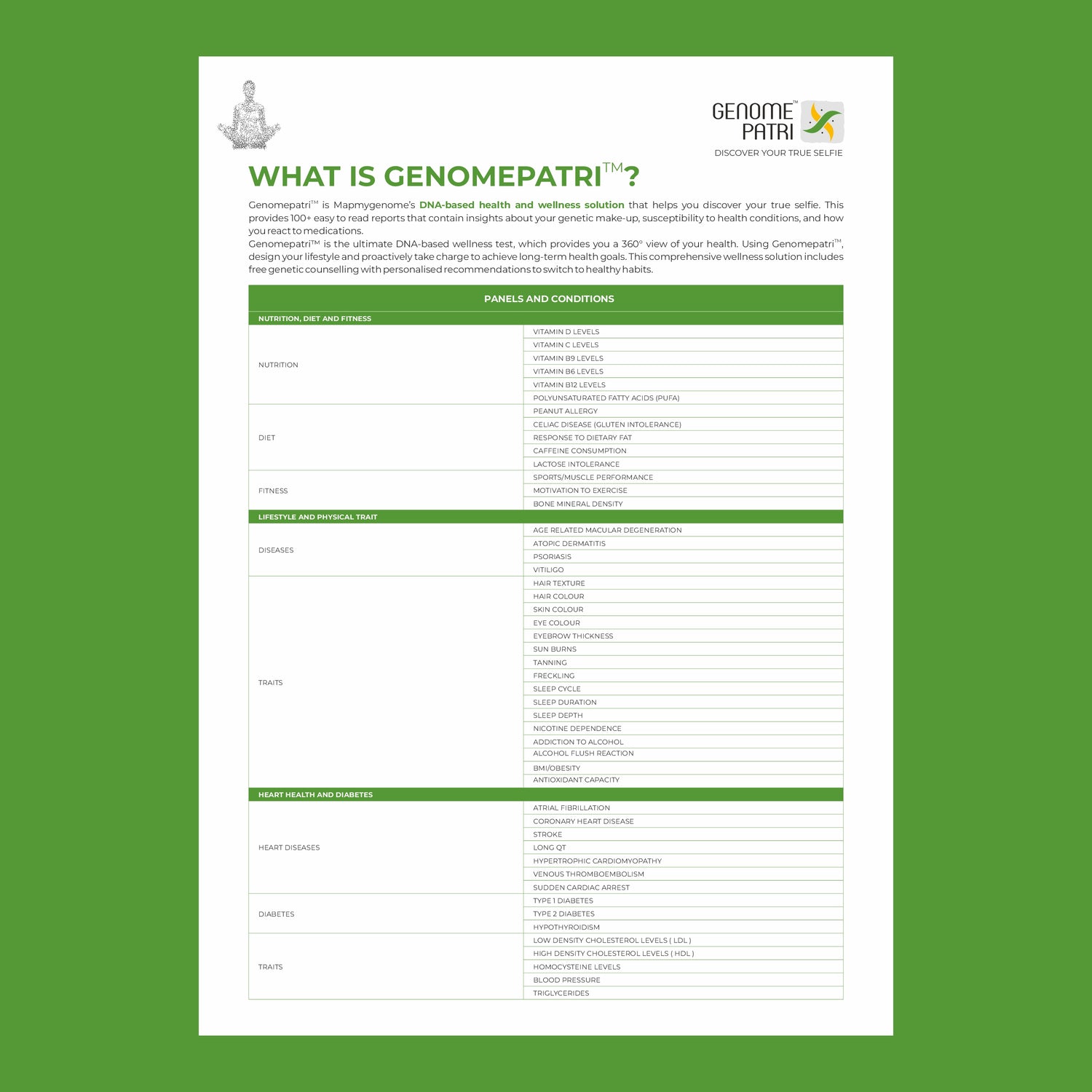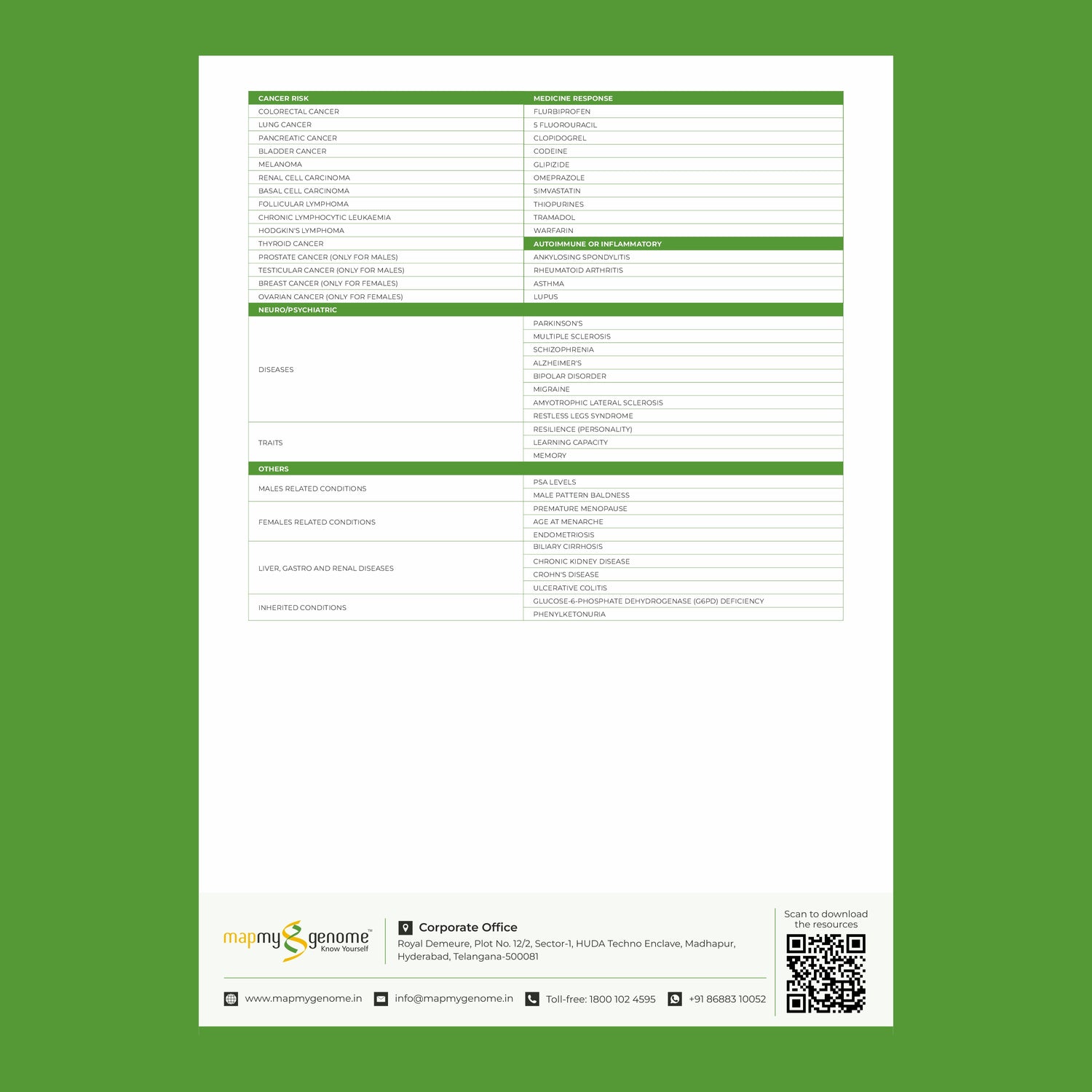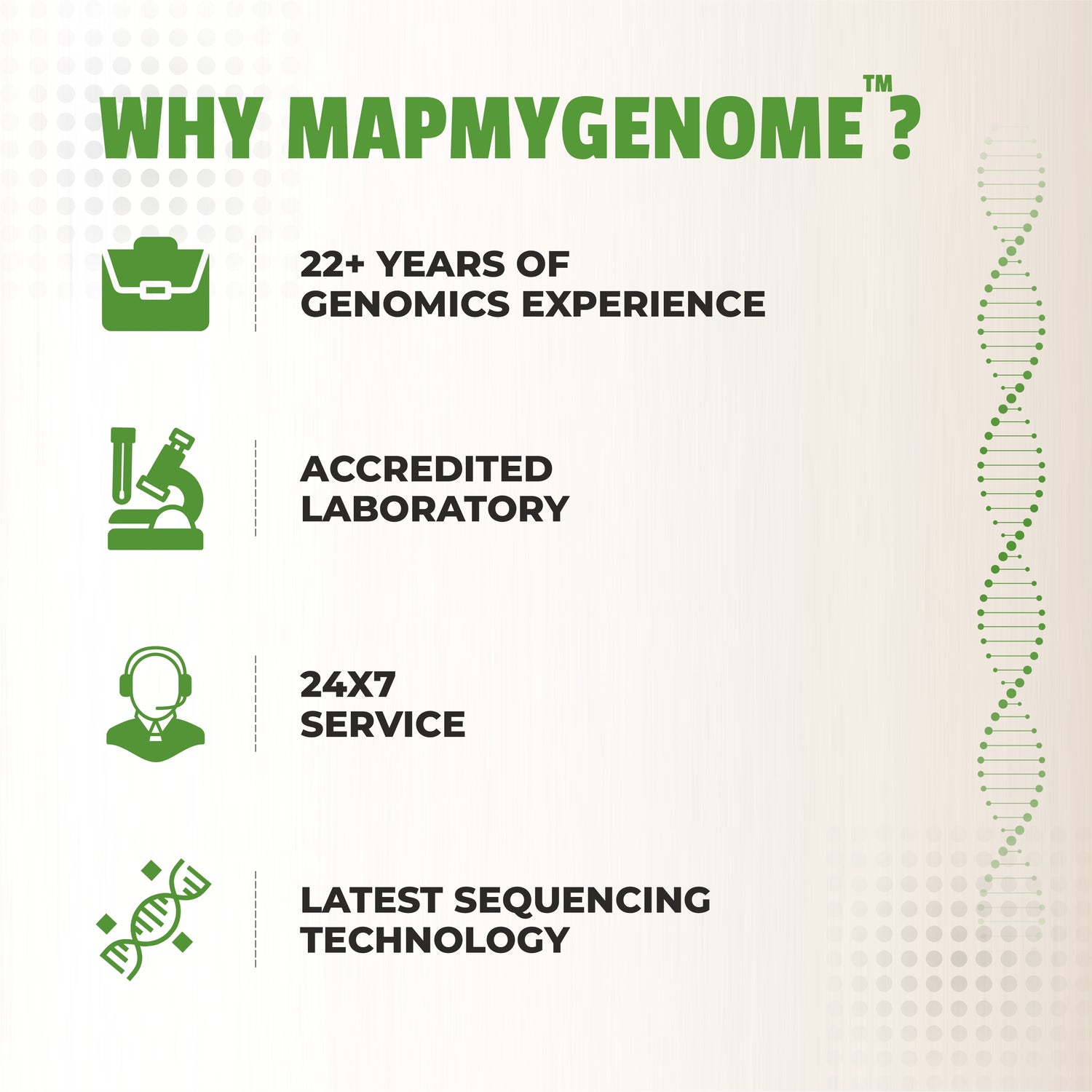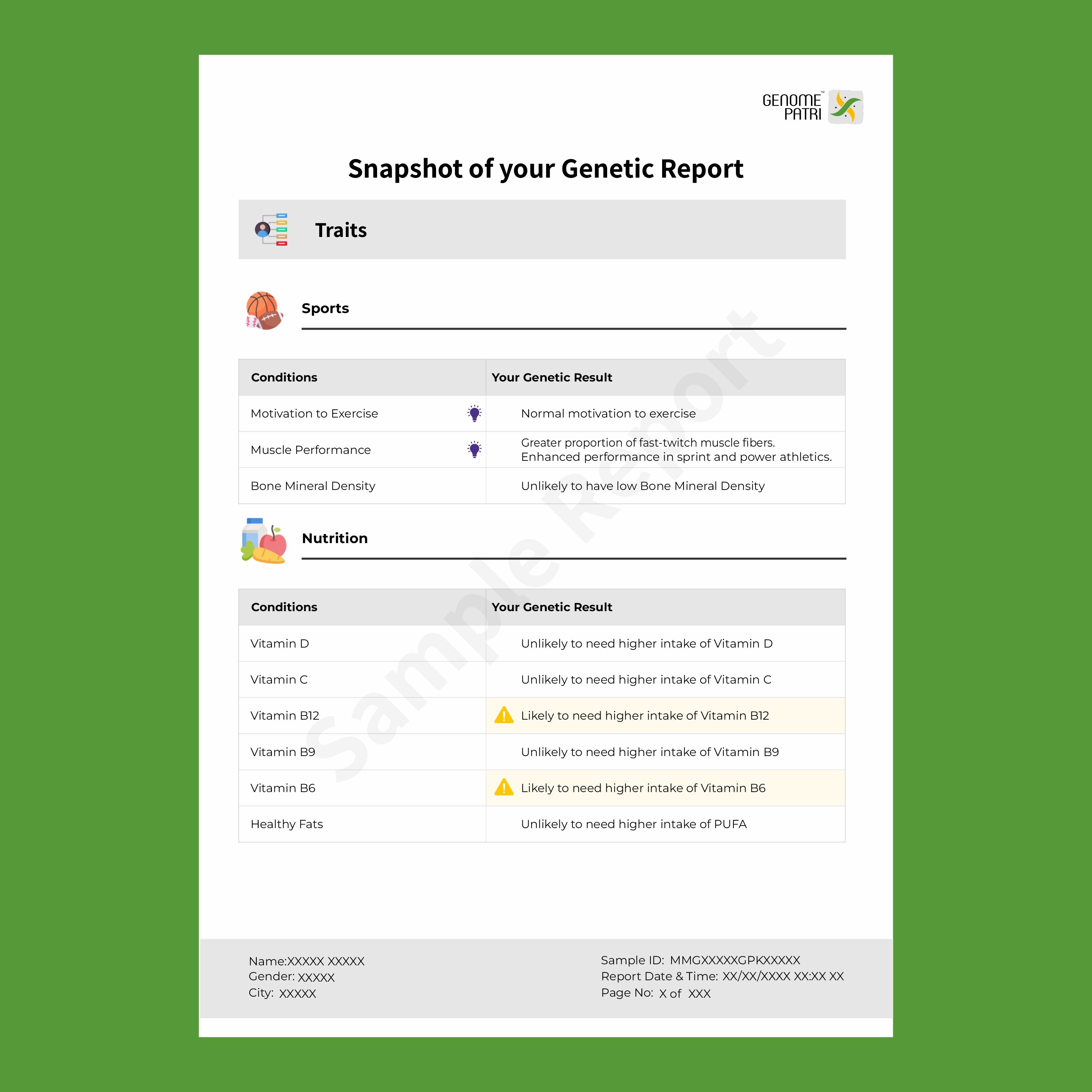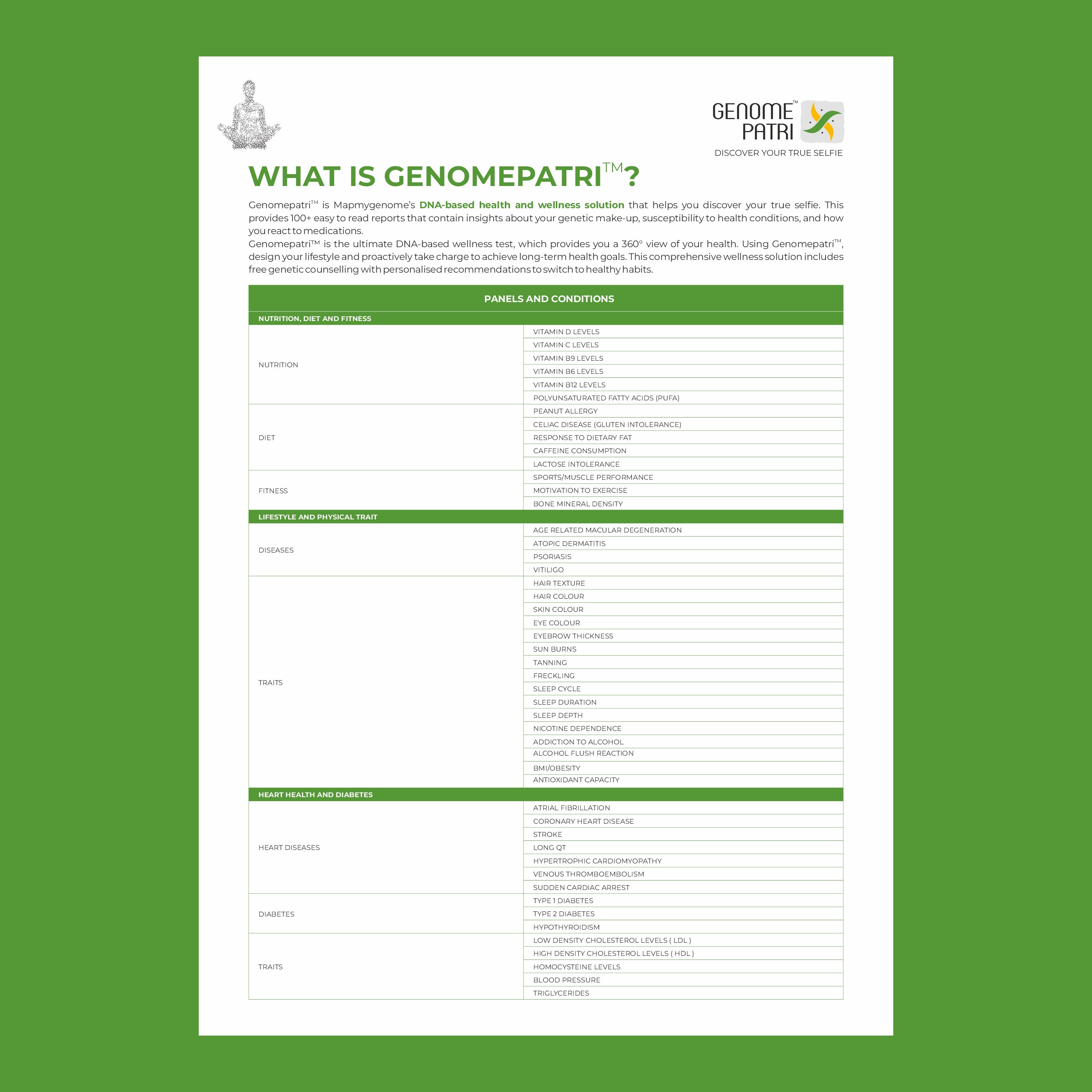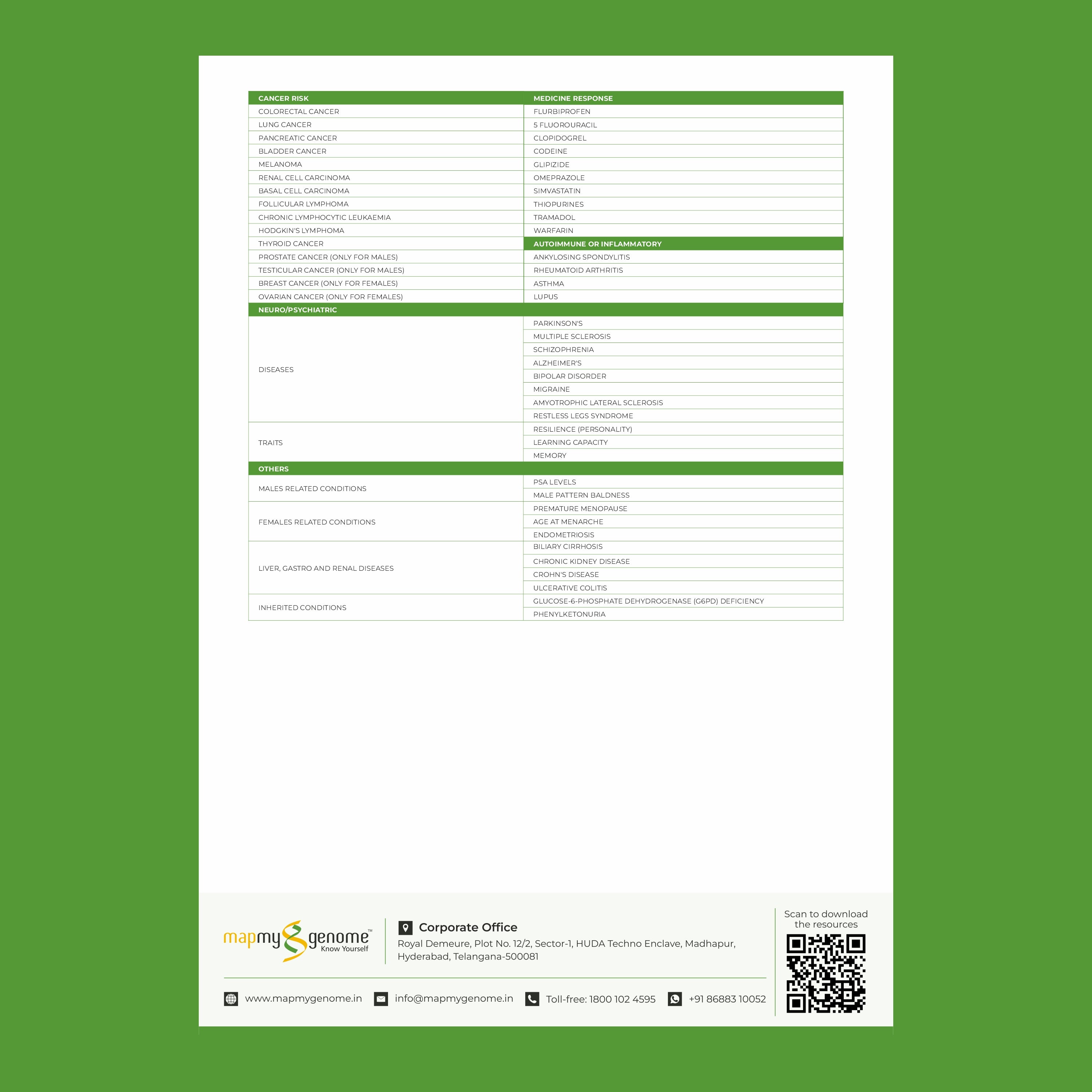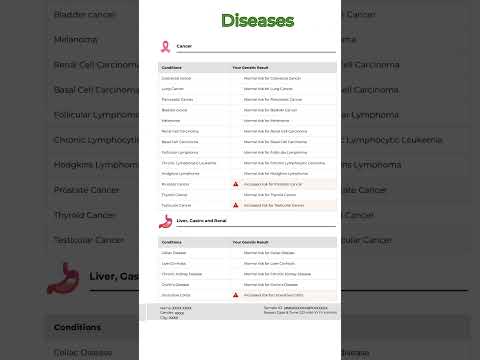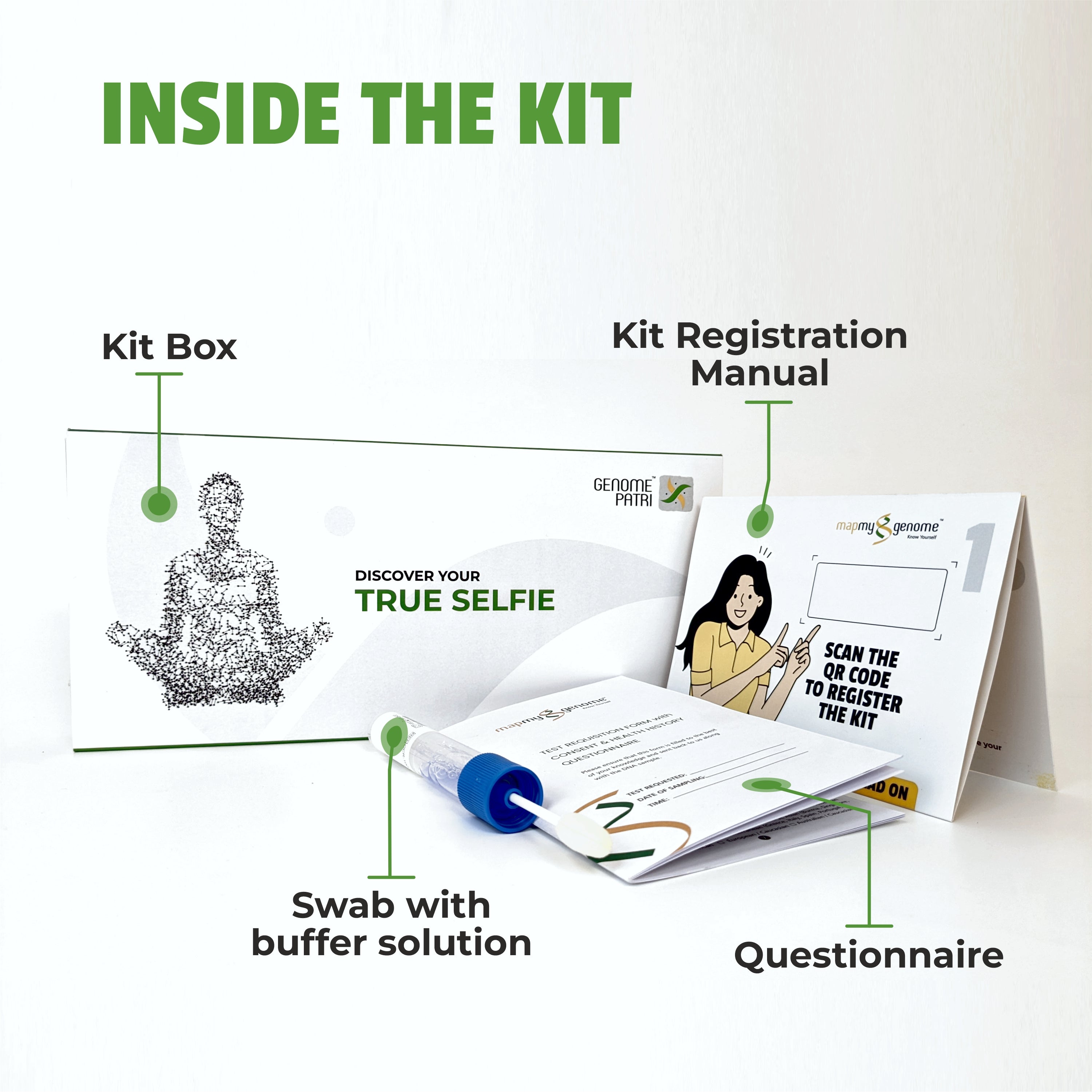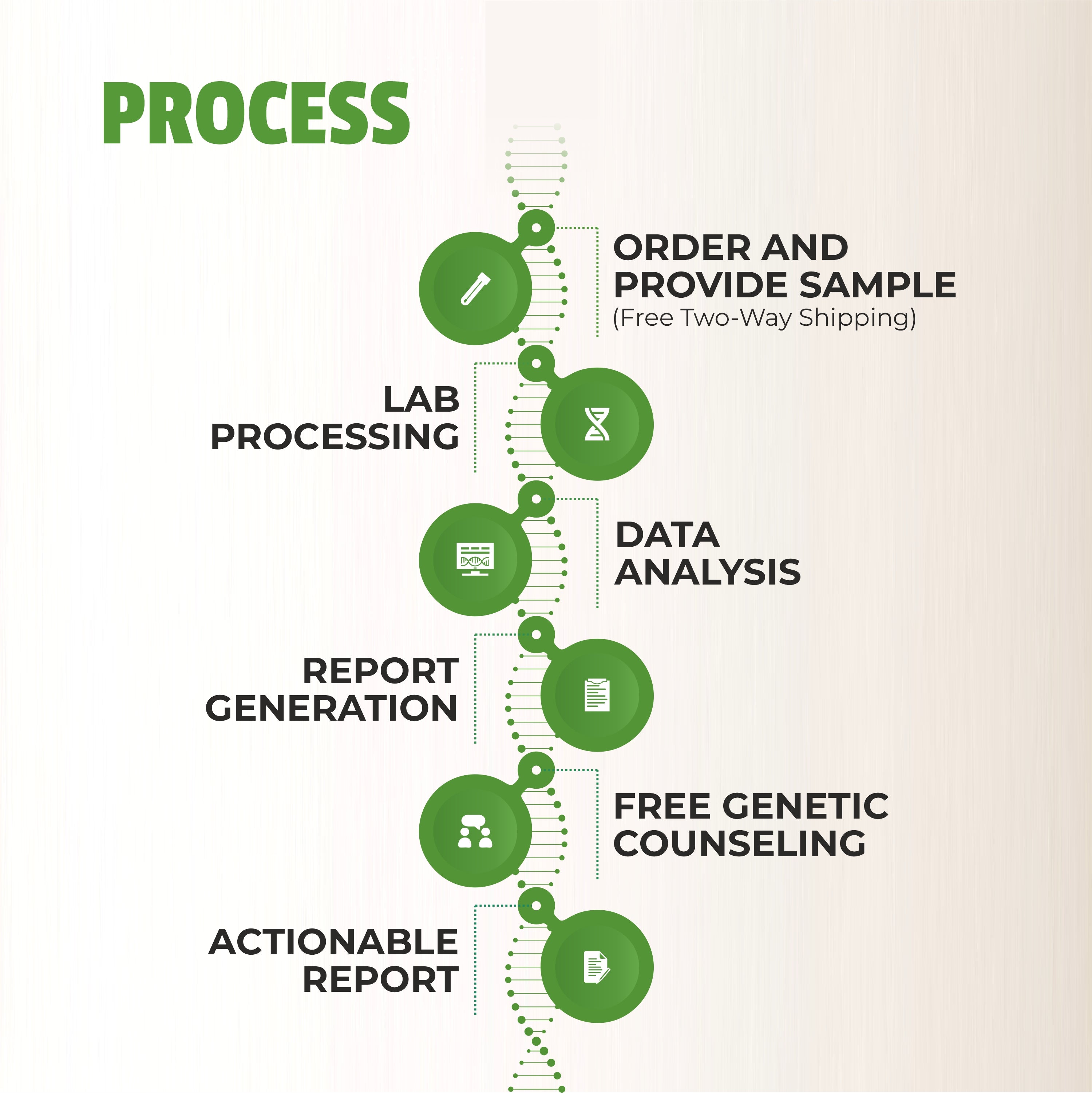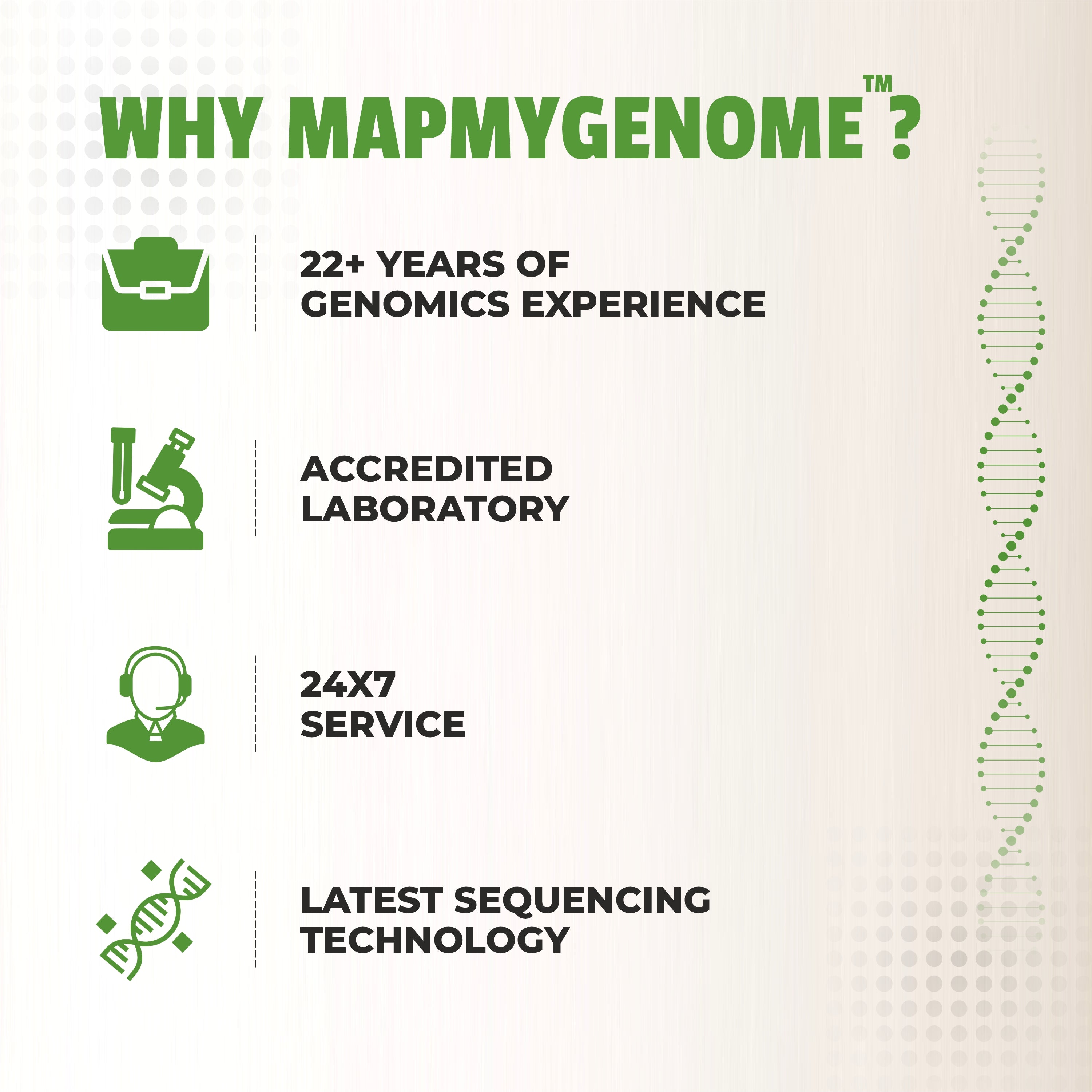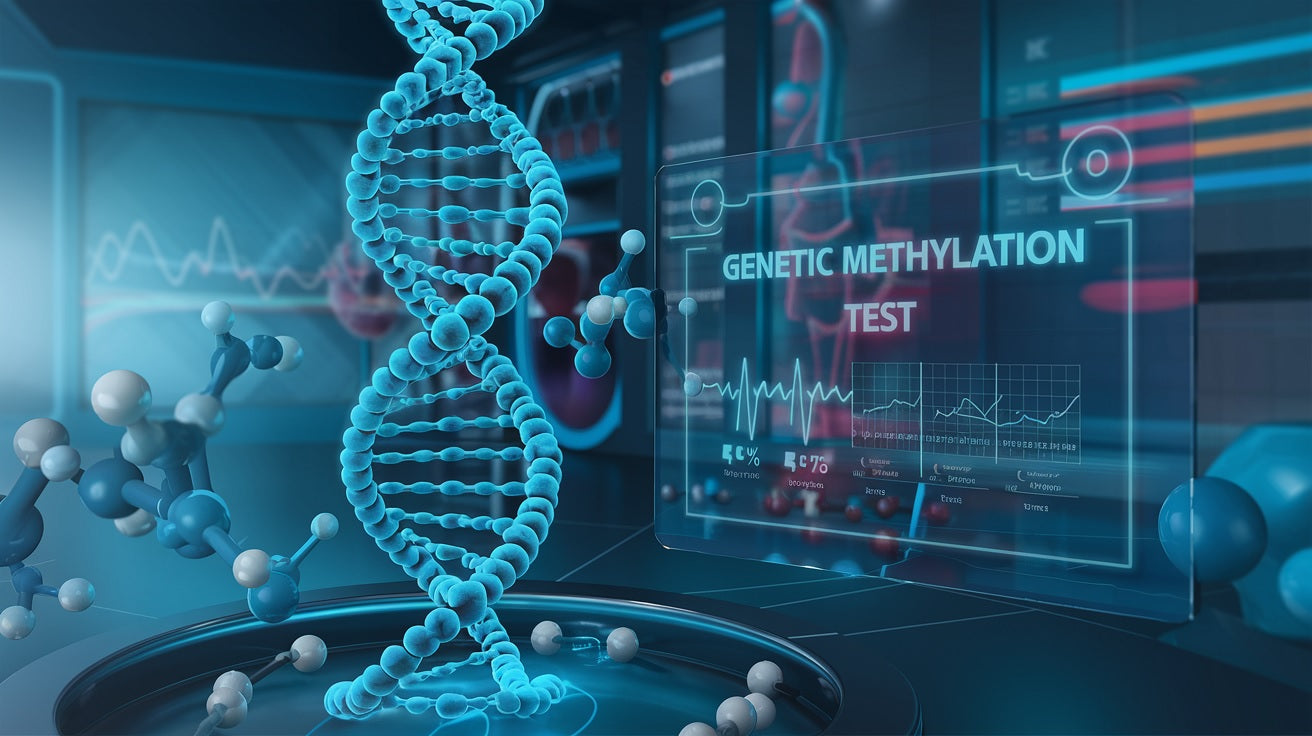In recent years, genetic testing has made incredible leaps, transforming how we understand health and disease. Thanks to groundbreaking innovations like next-generation sequencing (NGS) and artificial intelligence (AI) in genetics, the future of personalized medicine is brighter than ever. Let’s dive into how these technologies are revolutionizing healthcare and what lies ahead for genetic testing.
The Evolution of Genetic Testing
A Brief History of Genetic Testing
Genetic testing began as a basic tool to identify chromosomal abnormalities. Over time, it evolved to decode DNA sequences, uncovering critical insights about genetic disorders. Early techniques were slow and costly, but with technological advancements, testing has become faster, more affordable, and widely accessible.
From PCR to Next-Generation Sequencing
The shift from Polymerase Chain Reaction (PCR) to next-generation sequencing (NGS) has been revolutionary.
- PCR: Used for amplifying small DNA segments.
-
NGS: Allows sequencing of entire genomes quickly and accurately.
This transition has enabled researchers to study complex diseases like cancer and rare genetic disorders with unprecedented precision.
How Next-Generation Sequencing is Redefining Genetic Testing
Speed and Accuracy in Testing
NGS can sequence billions of DNA fragments simultaneously, delivering faster results with greater accuracy. This means more reliable insights into genetic predispositions, helping doctors craft personalized treatment plans.
Applications of NGS in Healthcare
- Cancer Genomics: Identifying mutations to tailor treatments.
- Infectious Diseases: Detecting pathogens through genomic analysis.
- Rare Diseases: Diagnosing conditions that were previously hard to identify.
Real-Life Impact
Imagine a patient with a rare genetic disorder. Traditional tests might take months to yield results. With NGS, doctors can pinpoint the issue in weeks, enabling faster interventions and better outcomes.
The Role of AI in Genetic Testing
What is AI in Genetics?
Artificial intelligence uses machine learning algorithms to analyze massive genetic datasets. By recognizing patterns and correlations, AI enhances the accuracy of genetic testing and interpretation.
Benefits of AI in Genetics
- Predictive Analysis: AI can identify genetic predispositions to diseases like Alzheimer’s or diabetes before symptoms appear.
- Data Interpretation: Simplifies complex genomic data, making it accessible to doctors and patients.
- Drug Development: Accelerates the discovery of targeted therapies based on genetic insights.
Ethical Concerns with AI
While AI offers immense potential, it raises questions about data privacy and bias in algorithmic predictions. Ensuring transparency and security is crucial.
The Future of Genetic Testing Technology
Emerging Technologies
- CRISPR Gene Editing: Paving the way for correcting genetic mutations.
- Liquid Biopsies: Non-invasive blood tests to detect cancer markers early.
- Wearable Tech: Devices that integrate genetic insights for real-time health monitoring.
Personalization in Healthcare
Genetic testing is at the forefront of personalized medicine. By understanding individual genetic profiles, doctors can recommend tailored treatments, diets, and lifestyle changes.
Accessibility and Affordability
With ongoing advancements, genetic testing is becoming more accessible and affordable. Governments and private companies are working to bring these technologies to underserved communities worldwide.
FAQs About Advancements in Genetic Testing
What is next-generation sequencing (NGS)?
NGS is a cutting-edge technology that sequences entire genomes or specific DNA regions quickly and accurately.
How does AI contribute to genetic testing?
AI analyzes complex genetic data, identifies patterns, and enhances the accuracy of predictions, making genetic testing more efficient.
Are there ethical concerns with genetic testing?
Yes. Genetic data privacy and equitable access are critical concerns. It’s essential to follow strict ethical guidelines to protect individual rights.
What diseases can genetic testing identify?
Genetic testing can detect various conditions, including cancer, rare genetic disorders, and hereditary diseases like cystic fibrosis or Huntington's disease.
How is genetic testing becoming more accessible?
Technological advancements like NGS and government initiatives aim to lower costs and expand testing availability to diverse populations.
How You Can Benefit from Advancements in Genetic Testing
With technologies like next-generation sequencing and AI, genetic testing is no longer just a tool for researchers—it’s a gateway to personalized healthcare for everyone. Here’s how you can make the most of it:
- Stay Informed: Learn about your genetic predispositions.
- Consult Experts: Work with genetic counselors to interpret results.
- Take Preventive Measures: Use insights to make lifestyle changes that reduce health risks.
Conclusion
Advancements in genetic testing technology, powered by next-generation sequencing and AI, are transforming healthcare. From personalized treatments to early disease detection, the possibilities are endless. As we navigate this exciting frontier, it's essential to balance innovation with ethical considerations, ensuring a future where everyone benefits from these groundbreaking discoveries.
So, are you ready to unlock the potential of your DNA? The future of health starts with understanding your genetic story.


